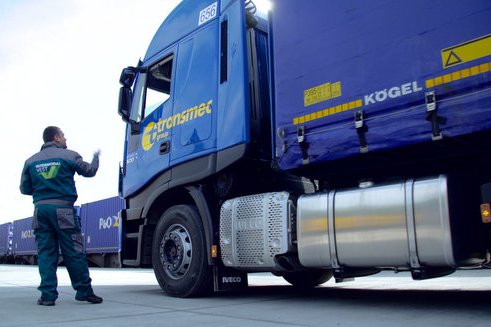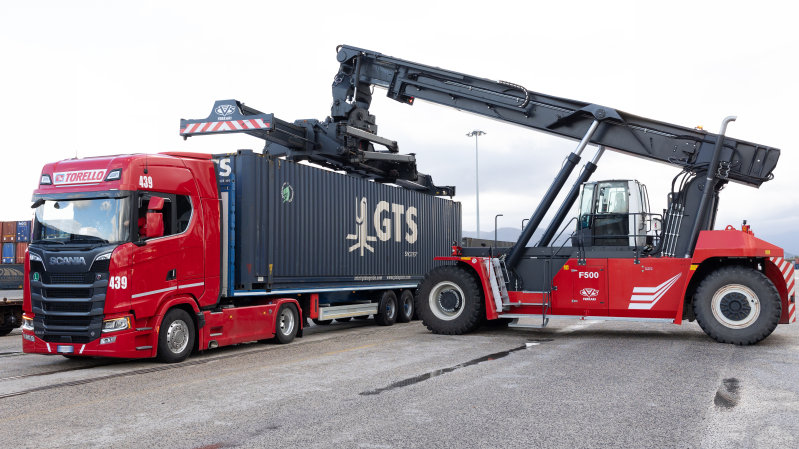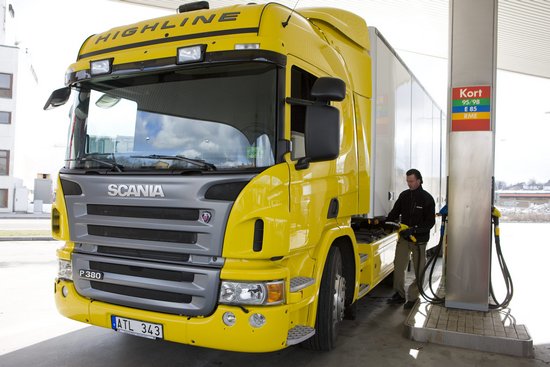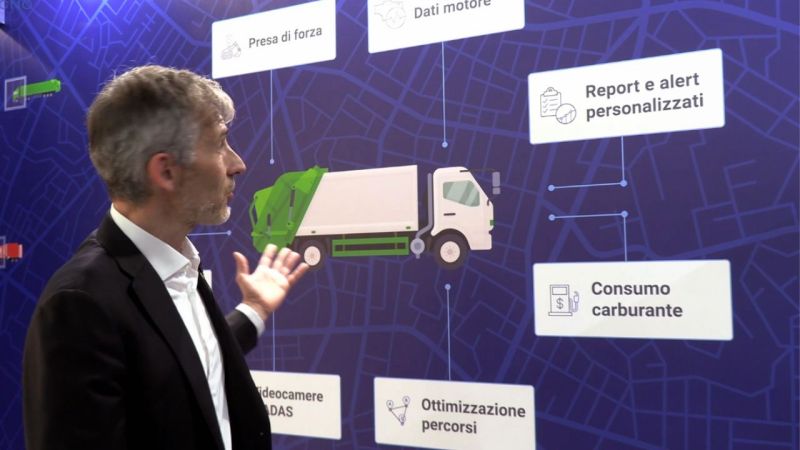Caught between the need to balance its budget and the announcement in 2024 of a workforce reduction plan of up to five thousand employees—opposed by trade unions—DB Cargo, the freight division of Germany’s Deutsche Bahn, is pursuing an alternative strategy focused on flexibility and reduced labour costs. Paradoxically, this approach also offers financial advantages to one of the most critical professional groups in train operations: the train drivers, who are at the centre of the debate on work organisation.
On 28 January 2025, Deutsche Bahn launched the first round of negotiations with the sector’s trade union, Evg (Eisenbahn und Verkehrsgewerkschaft), proposing wage increases of up to 6.6%. More significantly, the company requested an exemption from collective labour agreements specifically for DB Cargo, arguing that this was necessary to comply with the ongoing restructuring plan for the freight division. Although negotiations have only just begun, DB Cargo has already started implementing a new personnel management model based on individual agreements, aiming both to improve productivity and to offer better financial conditions to those who join the programme.
It is important to clarify that these new regulations apply exclusively to train drivers working for the German freight division, as national labour agreements remain in place for equivalent companies across Europe, such as DB Cargo Italia. According to company sources, labour costs account for 50% of all expenditures, but more critically, the rigid employment rules are particularly detrimental to the company’s freight train drivers.
One such rule is the right to return home at the end of a shift. While this requirement has a limited impact on managing passenger train staff, particularly on regional services, it proves incompatible with operating a freight train, which must travel long distances and contend with extended stops and manoeuvres. This situation has led to the proposal of a new, more flexible work arrangement that demands a greater continuous commitment from train drivers.
This approach, referred to as "strong long-distance driving," entails a "stay period" of up to 144 hours. This does not equate to 144 hours of driving but rather represents the total time commitment required. Under this system, train drivers receive an additional financial bonus as well as extraordinary rest periods that accumulate following the work assignment. According to German sources, as of mid-December 2024, 120 DB Cargo train drivers have voluntarily agreed to these new rules, which extend their time in operational roles, though not necessarily in direct train driving.
However, this new personnel management model is not a mere coincidence; it is directly linked to DB Cargo’s restructuring plan, which has paved the way for innovation. Until now, the national trade union had opposed individual agreements, insisting on uniform rules for all workers. This stance, however, has constrained management flexibility, leading to unsustainable costs for the company, particularly when competing with road transport, which enjoys greater flexibility and fewer bureaucratic and union constraints. The benefits, therefore, are not limited to the railway company but potentially extend to customers, who could benefit from more competitive pricing and improved flexibility in rail freight services.
Piermario Curti Sacchi



























































